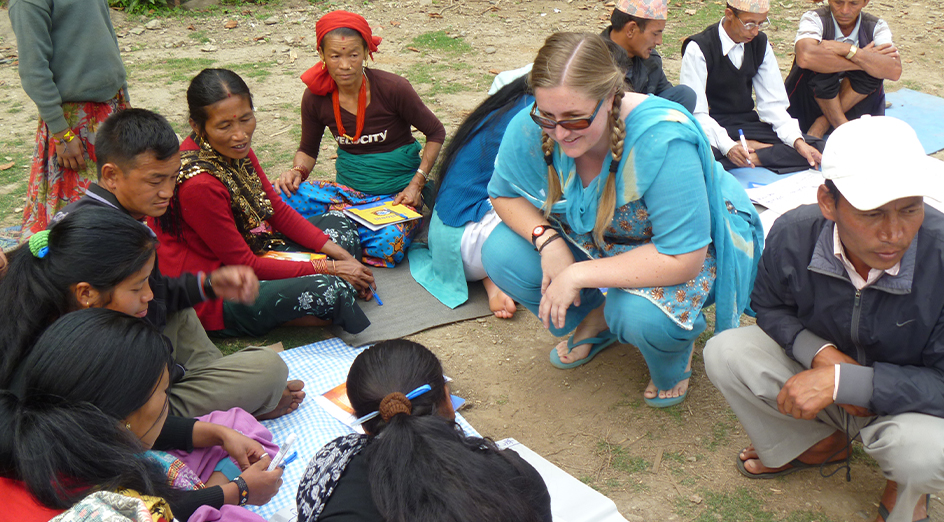
A global health researcher from The University of Western Australia has been awarded international funding to develop sustainable solutions to address the rising problem of antimicrobial, or drug, resistance worldwide.
The international development research projects will help raise public awareness of the importance of toilets and sanitation and implement community-led solutions in low-income countries.
Antimicrobial resistance is a major challenge to global health, food sustainability and socio-economic development and occurs when bacteria, viruses, fungi and parasites change over time and no longer respond to medicines.
“If we do not address antimicrobial resistance, in the future we will be less able to prevent and treat common infectious diseases, and major surgery, cancer chemotherapy and organ transplants will become much more dangerous in the absence of effective antibiotics."
Dr Dani Barrington
It’s a particular threat in low-income communities where sanitation and access to toilets is limited and there is a misuse of human and animal antibiotics.
Dr Dani Barrington from UWA’s School of Population and Global Health is a Co-Investigator on two grants which have received $6.6 million from UK Research and Innovation’s Global Challenges Research Fund.
The first project will establish a community-led program in Nepal and Bangladesh to develop participatory approaches for addressing antimicrobial resistance.
Dr Barrington will investigate how improving water, sanitation and hygiene behaviours, such as toileting and handwashing, can reduce antimicrobial resistance.
She said the project was one of the first to investigate how to reduce the risks of antimicrobial resistance through collaborating with communities from the bottom-up.
“It is important to go beyond raising awareness and actively engage with individuals and communities, by enabling them to identify, develop and implement solutions to address antimicrobial resistance,” Dr Barrington said.
The second project will investigate the scalability of off-grid (non-sewered) container-based sanitation to reach the goal of universal sanitation.
Dr Barrington and her team will explore whether off-grid sanitation is a sustainable and equitable option for reaching marginalised populations.
The research will be conducted in South Africa, Kenya, Haiti and Peru, and the findings will be shared with other countries considering implementing container-based sanitation services off-grid.
Dr Barrington said antimicrobial resistance was a growing global issue, making infections harder to treat and increasing the risk of disease spread, severe illness and death.
“If we do not address antimicrobial resistance, in the future we will be less able to prevent and treat common infectious diseases, and major surgery, cancer chemotherapy and organ transplants will become much more dangerous in the absence of effective antibiotics,” Dr Barrington said.
“Some last-resort antibiotics for humans are being used extensively in animals, and there are currently no replacements.
“Through these global projects we are taking a holistic approach that encompasses human health, animal health, the environment and sanitation to address antimicrobial resistance and the fact that 4.2 billion people still don’t have access to a safe household toilet.”
More information on the antimicrobial resistance project is available at https://ce4amr.leeds.ac.uk.
Media references
Simone Hewett, UWA Media & PR Manager, 08 6488 3229 / 0432 637 716
